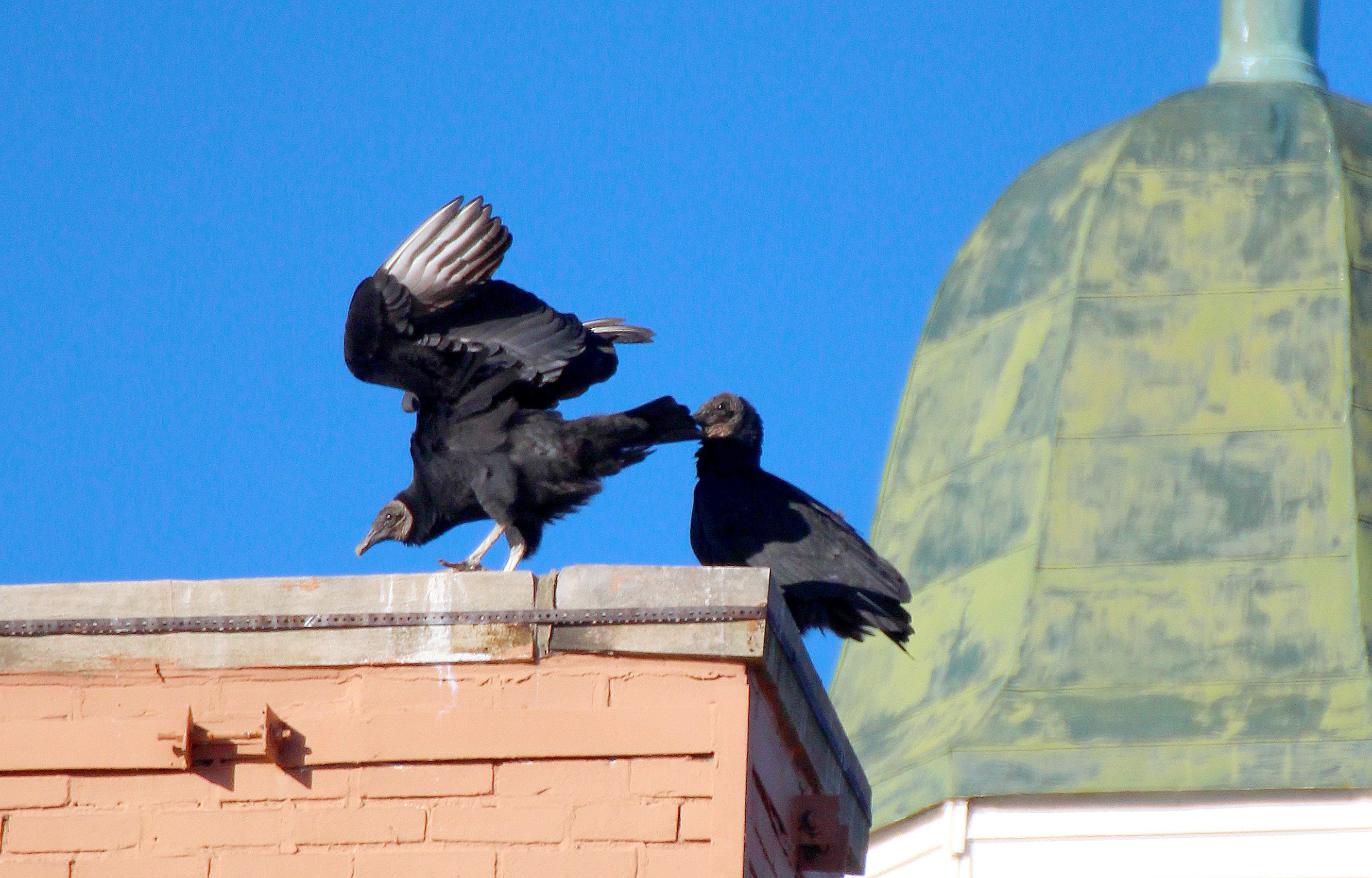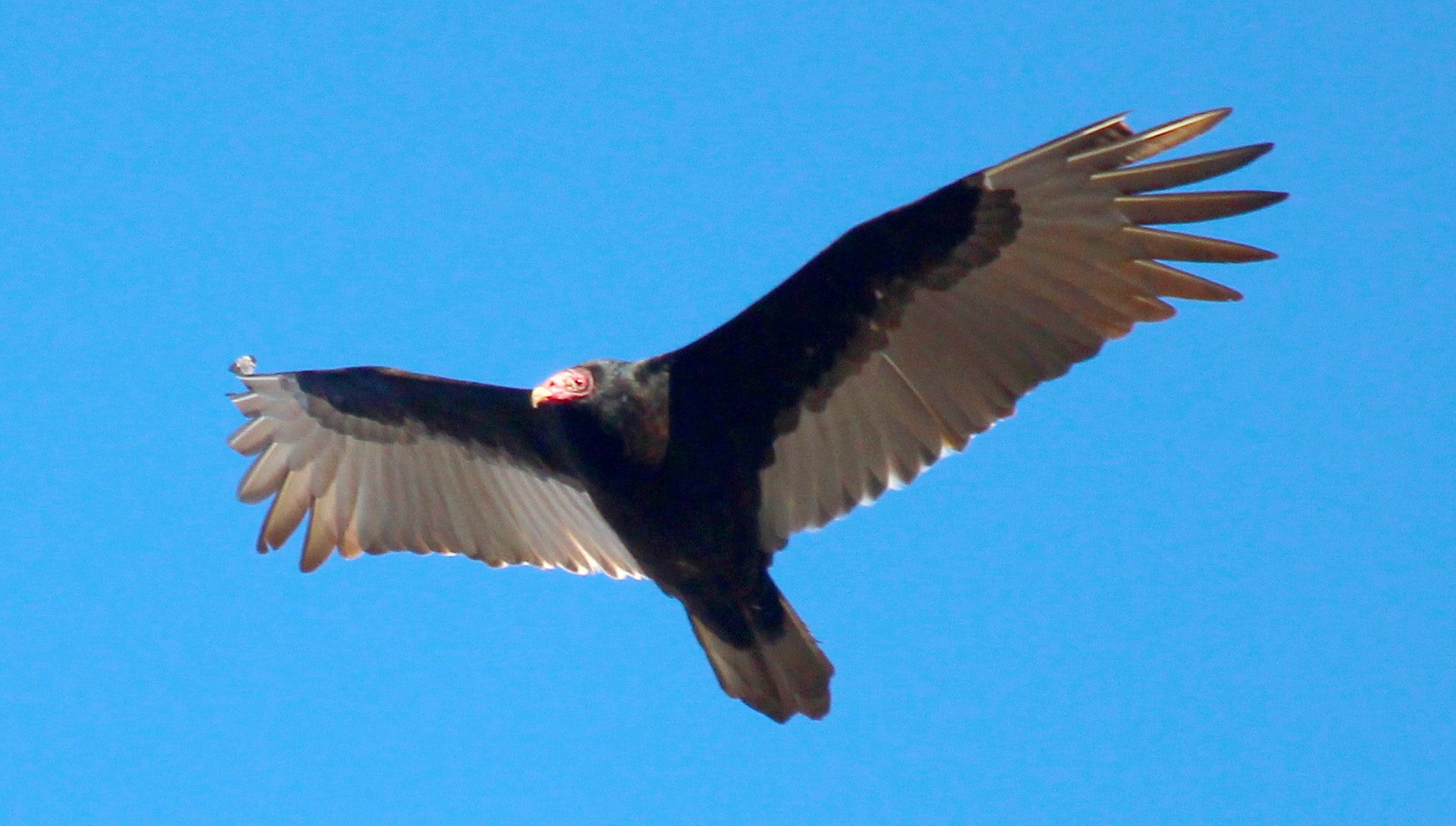Danville seeking permit to kill black vultures if they continue to pester
Published 10:09 am Friday, December 30, 2016

- Ben Kleppinger/ben.kleppinger@amnews.com A pair of black vultures perch on top of Toliver Elementary School in Danville Thursday afternoon.
Danville residents may have noticed an increase in vultures around the city recently. At least some of the vultures created enough of an issue that Danville Codes Enforcement has applied for a permit to kill them.
According to a report made by Danville Codes Enforcement in November, there was a complaint made by someone in the city who noticed a flock of American black vultures roosting in different places throughout the city.
Codes director Bridgette Lester said there is a still a problem with the vultures in the city.
Many vultures circling the skies in downtown Danville are turkey vultures, but the problematic ones for the city are black vultures. Seen from below, black vultures have all black wings with white wingtips, while turkey vultures have wings that are gray in the front and black in the back.
Two black vultures were perched Thursday afternoon on the top of Toliver Elementary School, as multiple turkey vultures glided nearby.
Lester said black vultures have been seen in different places around the city, “but we are also having a problem with them at one of our sewer treatment lagoons on Woods Drive.”
Lester said the sewer plant superintendent has spoken with the State Fish and Wildlife and was referred to someone in Louisville for a recommendation on what to do about the problem and how to receive a permit to kill black vultures.
“A permit is required to kill them and the permit allows killing up to 25 of them per permit,” she said.
A permit is required because in the United States, American black vultures are protected under the Migratory Bird Treaty Act of 1918, which makes it illegal, without a permit, to pursue, hunt, take, capture, kill or sell birds that are listed under the law. The act protects all parts of the birds and their homes, including feathers, eggs and nests.
Lester said the city has applied for a permit, but “may not need to use it, as the birds have moved on from where they were causing our problem.”
“We’re monitoring the property to see if they come back,” she said.
- Ben Kleppinger/ben.kleppinger@amnews.com A turkey vulture glides through the air near downtown Danville Thursday afternoon. Turkey vultures can be differentiated from black vultures by the light feathers that extend the length of turkey vultures’ wings.






